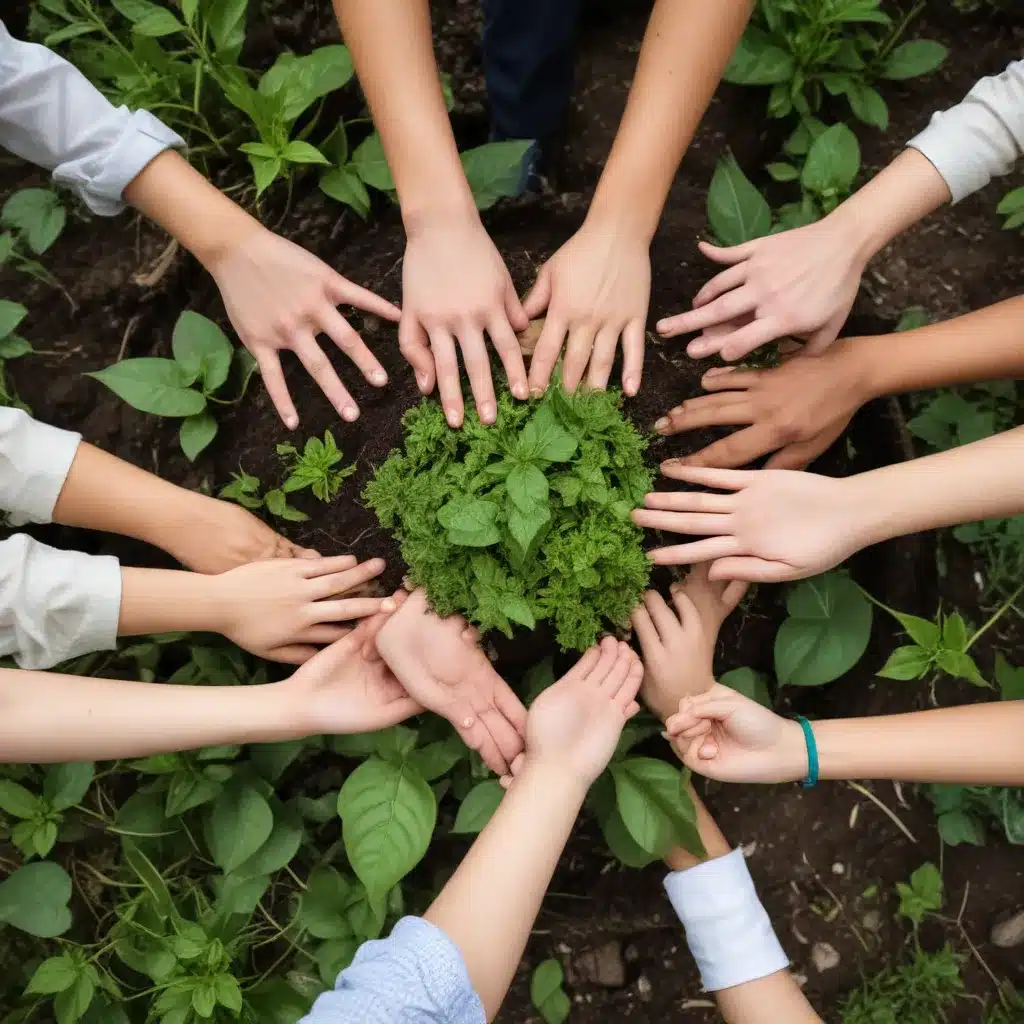
Understanding Environmental Stewardship
Environmental stewardship is the shared responsibility we all have for ensuring the quality of our environment. This sense of responsibility is reflected through the choices and actions of individuals, companies, communities, and government organizations, shaped by unique environmental, social, and economic interests. It is a behavior demonstrated through continuous improvement of environmental performance and a commitment to the efficient use of natural resources, protection of ecosystems, and compliance with environmental requirements.
Environmental stewardship is not a new concept; it has deep and diverse roots in our society. From farming and hunting to conservation practices and spiritual beliefs, an appreciation for natural resources and the valuable services they provide can be found in many diverse settings. As we explore ways to become a more sustainable society, environmental stewardship can play a crucial role in preserving natural resources and achieving sustainable outcomes.
Sustainable Development: Balancing Priorities
Sustainable development is the idea of meeting the needs of the present without compromising the ability of future generations to meet their own needs. This concept calls for concerted efforts towards building an inclusive, sustainable, and resilient future for people and the planet. To achieve sustainable development, it is essential to harmonize three core elements: economic growth, social inclusion, and environmental protection.
These elements are interconnected, and all are crucial for the well-being of individuals and societies. Eradicating poverty in all its forms and dimensions is an indispensable requirement for sustainable development. This requires the promotion of sustainable, inclusive, and equitable economic growth, creating greater opportunities for all, reducing inequalities, raising basic standards of living, fostering equitable social development and inclusion, and promoting the integrated and sustainable management of natural resources and ecosystems.
Environmental Issues and Challenges
The environment is deteriorating rapidly due to various interconnected social-ecological challenges, including climate change and widespread air and water pollution. These issues affect everyone, but the impacts are not felt equally, with women and girls often facing disproportionate consequences.
Women and girls, particularly in rural areas, are often responsible for securing food, water, and firewood for their families. During times of drought and erratic rainfall, they work harder, walk farther, and spend more time securing resources, exposing them to increased risks of gender-based violence. When extreme weather disasters strike, women and children are more likely to die than men, largely due to limited access to information, mobility, decision-making, and resources.
Given their position on the frontlines of the climate crisis, women are uniquely situated to be agents of change. As farmers, women have learned to adapt to climate change through sustainable agriculture, switching to drought-resistant seeds, and leading community-based reforestation efforts. Indigenous women, in particular, have been at the forefront of environmental conservation, preserving crop biodiversity and seed varieties, protecting pollinators and local bee populations, and using natural soil-building and fertilization methods.
The Role of Education and Literature
Addressing complex environmental issues requires a multifaceted approach, and one that starts with educating and inspiring the younger generation. Children’s literature has a unique power to engage and educate young minds, and initiatives like the Ami Series by Ami Dovene Christelle ZAMI, published by Bolingo Consult, are leading the way.
The Ami Series emphasizes environmental stewardship and is available in multiple languages, including English, French, Arabic, Swahili, Ewe, Twi, and Zulu. This promotes not only environmental awareness but also mother tongue literacy among African children. The stories follow the adventures of Ami, a young environmental hero, as she navigates issues like global warming, pollution, and the importance of tree planting and reducing carbon footprints.
The Ami Series supply chain is designed with sustainability in mind, from the concept and creation to the printing and distribution processes. Collaborating with local partners, the series is making its way into the hands of young readers, fostering responsibility and empowerment while promoting cultural connections and environmental stewardship.
Taking Action: Initiatives for Students and Families
At Stanley Park High School, we believe that every individual can make a difference in cultivating a sustainable future. Here are some initiatives and actions you can take as students, parents, and community members:
Student Initiatives
- Eco-Club: Join our Eco-Club, where you can collaborate with like-minded peers to implement sustainability projects on campus, such as recycling drives, energy-saving campaigns, and school garden initiatives.
- Environmental Advocacy: Participate in local or global campaigns that raise awareness about environmental issues, such as the #FridaysForFuture movement.
- Sustainability Workshops: Attend our regular sustainability workshops, where you can learn about topics like renewable energy, sustainable agriculture, and waste management.
Family Actions
- Household Sustainability: Adopt eco-friendly practices at home, such as reducing energy and water consumption, minimizing waste, and purchasing sustainable products.
- Community Involvement: Volunteer with local organizations that focus on environmental restoration, tree planting, or community gardening.
- Educating Children: Encourage your children to read books like the Ami Series, which promote environmental stewardship and mother tongue literacy.
School-Community Partnerships
- Collaboration with Local Organizations: We are actively partnering with environmental organizations and community groups to develop sustainability projects that benefit the local area.
- Sustainable School Initiatives: Our school is committed to implementing sustainable practices, such as renewable energy sources, water conservation measures, and sustainable waste management.
- Environmental Awareness Events: We regularly host events and workshops that engage the school community in learning about environmental issues and solutions.
By working together as students, families, and a school community, we can cultivate a new generation of global stewards who are equipped to tackle the environmental challenges of today and tomorrow. Let’s take action and make a lasting impact on the world around us.

